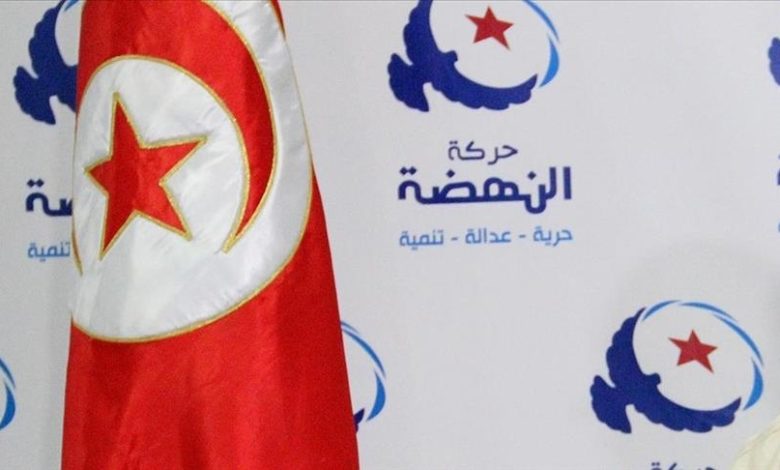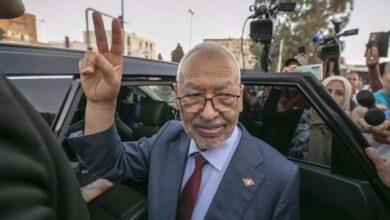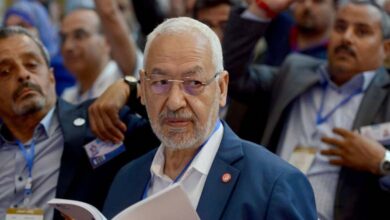Tunisia’s Council of Regions Elections… End of the Brotherhood Era

Tunisia is preparing for a new electoral phase that represents the final stage in the trajectory initiated by President Kais Saied on July 25th, aimed at reclaiming state institutions from the Muslim Brotherhood organization.
The path that began on July 25th saw the overthrow of the Muslim Brotherhood’s parliament and the annulment of the 2014 constitution. It led to a national referendum on the new constitution in 2022 and legislative elections on December 17th, 2022.
For the first time, these elections will take place in 2,155 electoral districts, compared to the municipal elections in 350 districts in 2018, requiring significant logistical and human preparations.
The Independent High Authority for Elections announced that the National Council of Regions and Provinces election is scheduled for December next year, and the council’s installation will occur in mid-April or early May 2024.
The authority stated its readiness for all electoral stages and the organization of local council elections.
Faroq Bouasker, the head of the Independent High Authority for Elections, said that the cost of this electoral cycle amounts to 40 million Tunisian dinars, approximately 10 million dollars.
He affirmed that the upcoming local elections’ expenses would be similar to the usual expenses of any previous electoral cycle. These elections will have the highest cost due to being direct elections, involving more than 9 million voters.
Bouasker explained that the presidential elections are scheduled for the fall of 2024 according to the law, but the date of the municipal elections has not been determined yet.
Tunisian President Kais Saied previously stated that the Council of Regions and Provinces, which is planned to be established through elections, is tasked with achieving integration among Tunisians. He also emphasized that marginalized groups will be represented in the council and will have a role in decision-making.
Nature of the Council of Regions and Provinces The current parliamentary system in Tunisia consists of two parliamentary chambers, as opposed to one chamber before the dissolution of the parliament led by Rached Ghannouchi, the leader of Ennahdha, the Tunisian Muslim Brotherhood affiliate.
According to the Tunisian constitution adopted on July 25th, 2022, the two chambers are required to approve a number of laws, including the budget law, local and regional development plans.
According to Article 82 of the new constitution, this council will consist of “elected representatives from regions and provinces. Each regional council will elect 3 members to represent their region in the National Council of Regions and Provinces. The elected members in the regional councils in each province will elect one deputy to represent their province in the National Council of Regions and Provinces. The deputy representing the province will be compensated according to the electoral law.”
The constitution also mandates that projects related to the state’s budget and local, regional, and national development plans must be presented for approval to the National Council of Regions and Provinces to ensure a balance between regions and provinces.
Furthermore, “the approval of the budget law and development plans requires an absolute majority from both councils. This council exercises supervisory and accountability powers over various matters related to budget implementation and development plans.”
End of the Brotherhood On another note, political activist and analyst Abd al-Majid al-Adhwani confirmed that the new Tunisian parliament concluded a whole era of the Muslim Brotherhood’s rule. He asserted that this council provides another opportunity to put an end to the remaining dreams of a comeback for the Brotherhood.
He continued, stressing the importance of completing the institutions of the Third Republic, among which is the establishment of the Council of Regions and Provinces.
He explained that the 2011 constitution stipulates the adoption of a new political governance system that breaks away from the previous system, and thus all institutions must be completed.
He pointed out that the move toward focusing on the second legislative chamber, the Council of Regions and Provinces, is a current priority. This council helps achieve development that has been stagnant for the past ten years.
He clarified that the Council of Regions and Provinces will support the parliamentary function and activate the principle of decentralization. He noted that the dual-chamber system is in place in several democratic systems worldwide, such as the UK and the United States.
He affirmed that, for the first time, Tunisia is establishing this council, which will be a force for suggestion and monitoring. Its powers include reviewing the budget law before presenting it to the House of Representatives.












